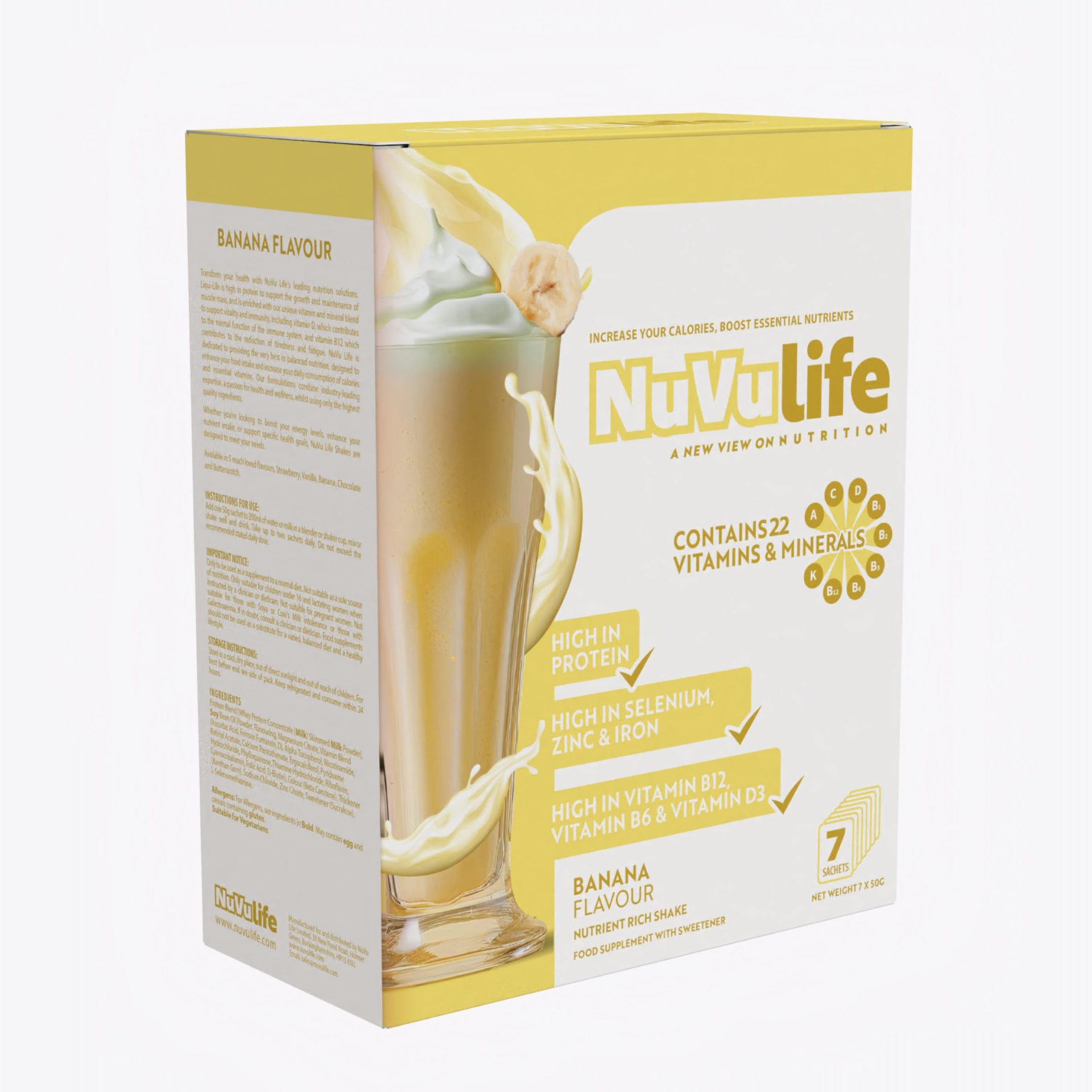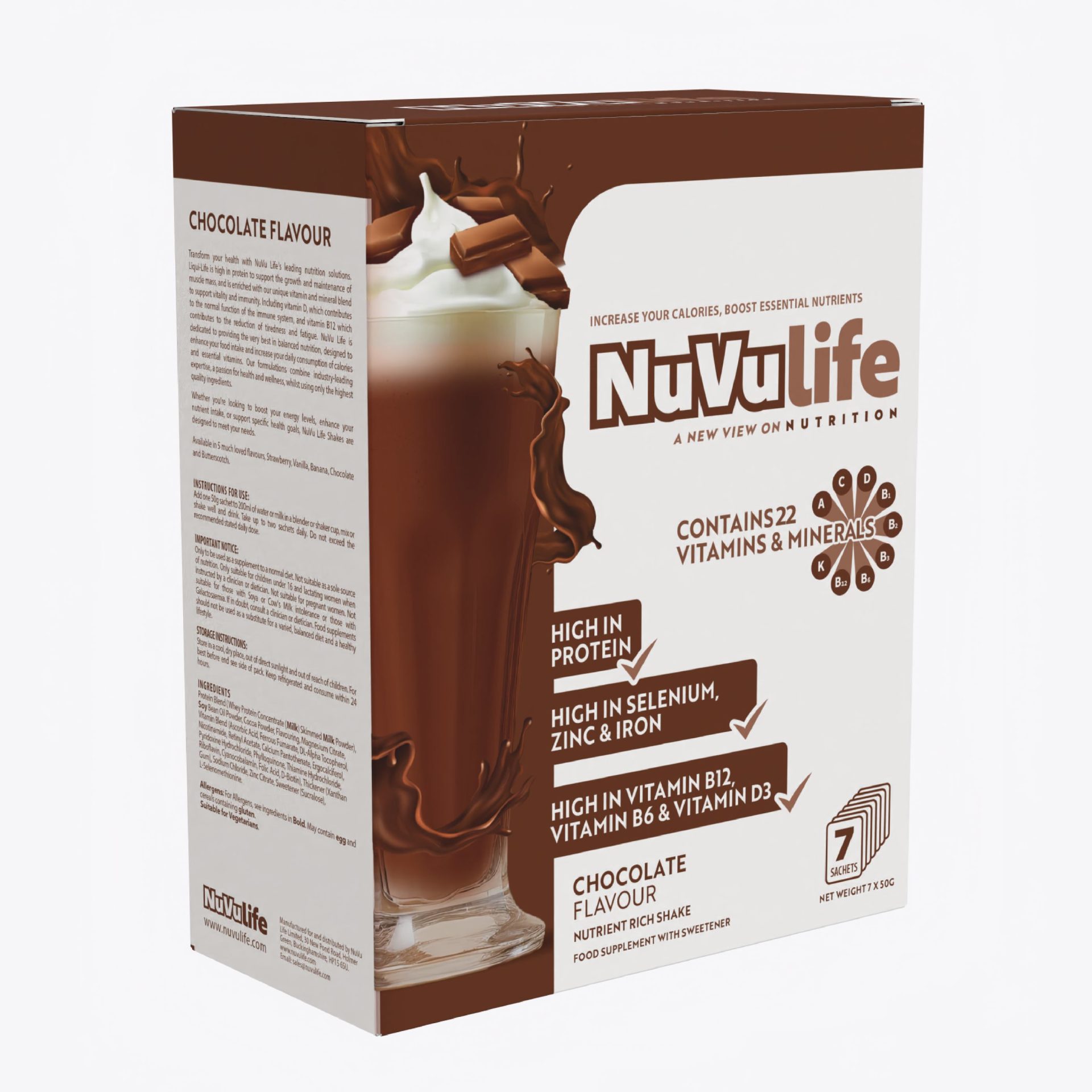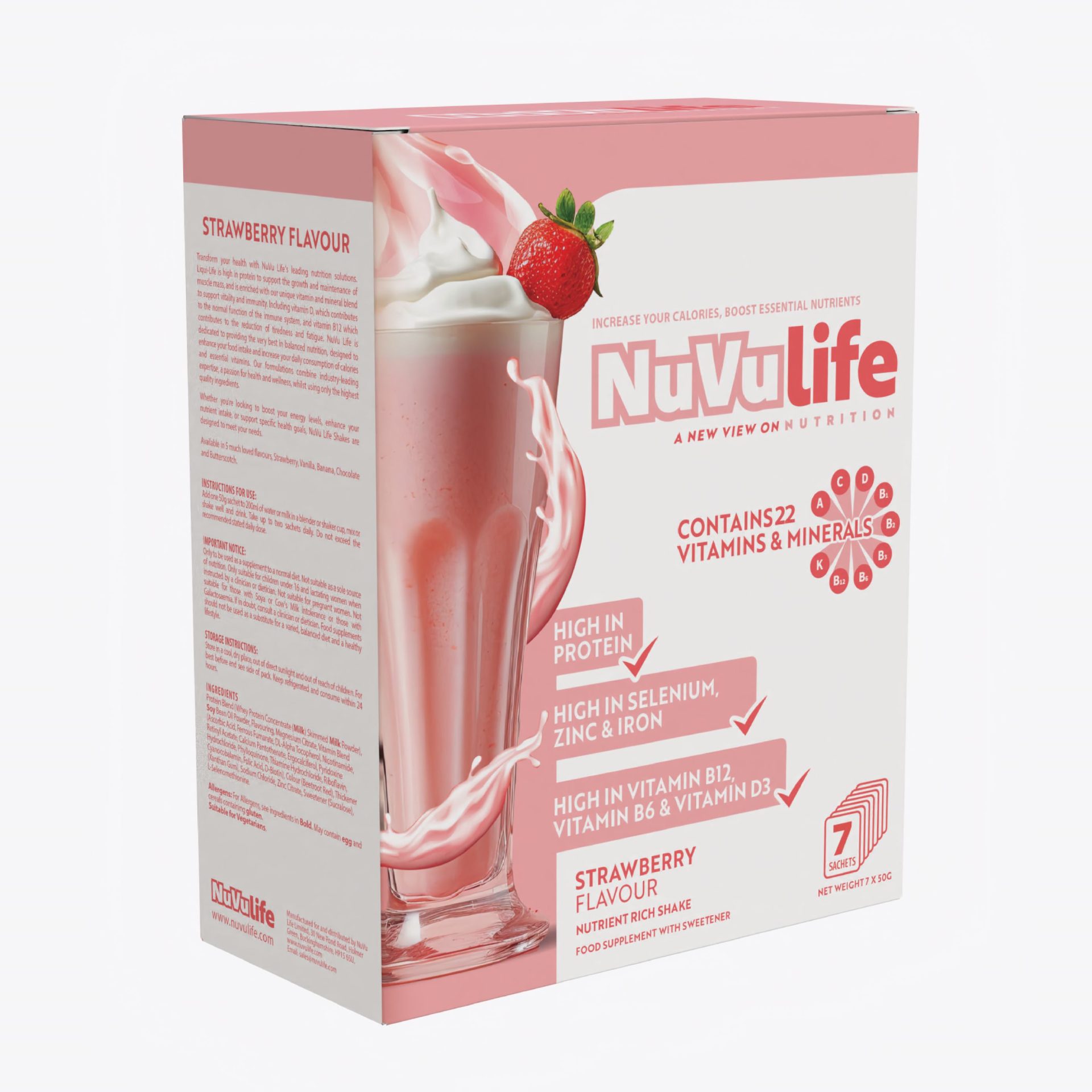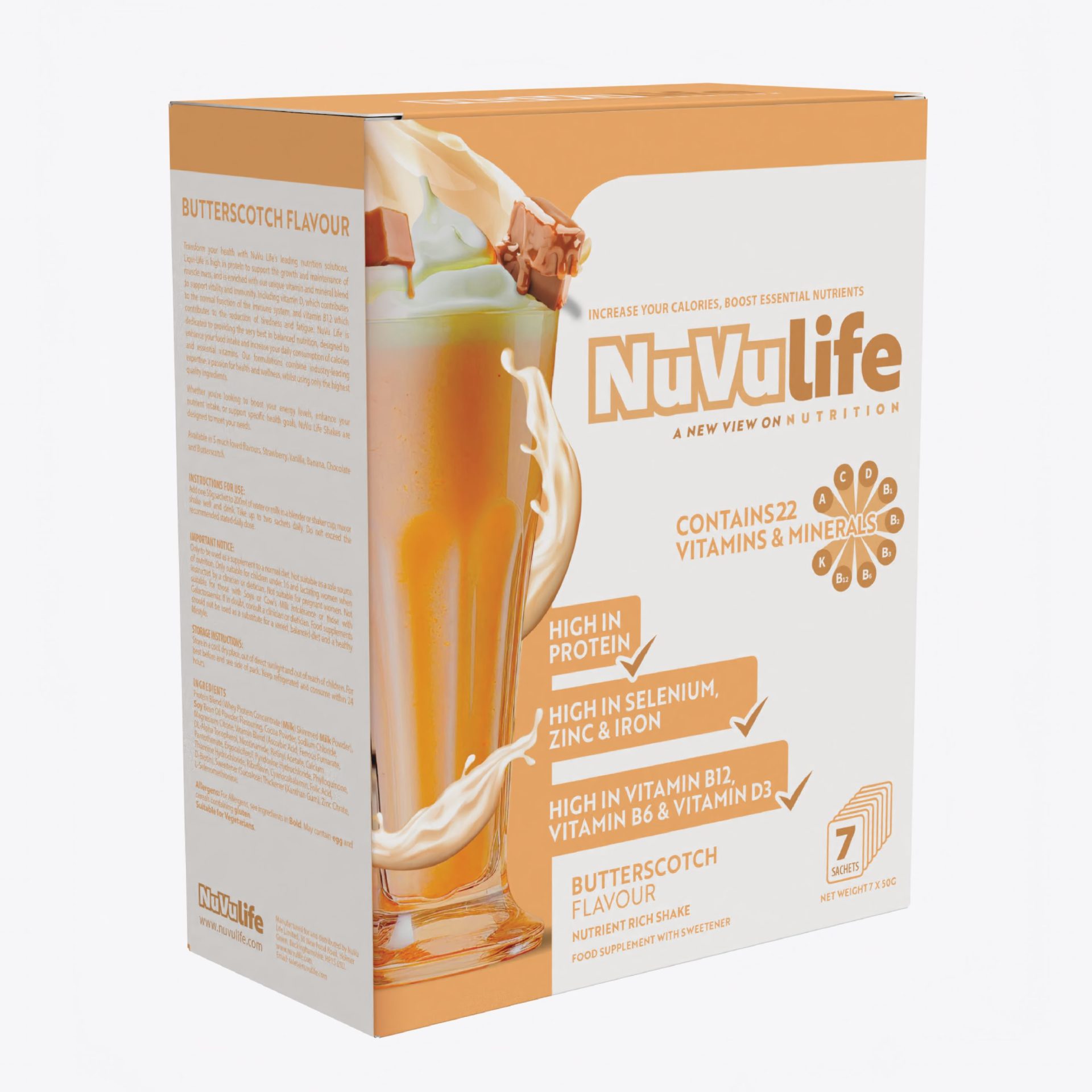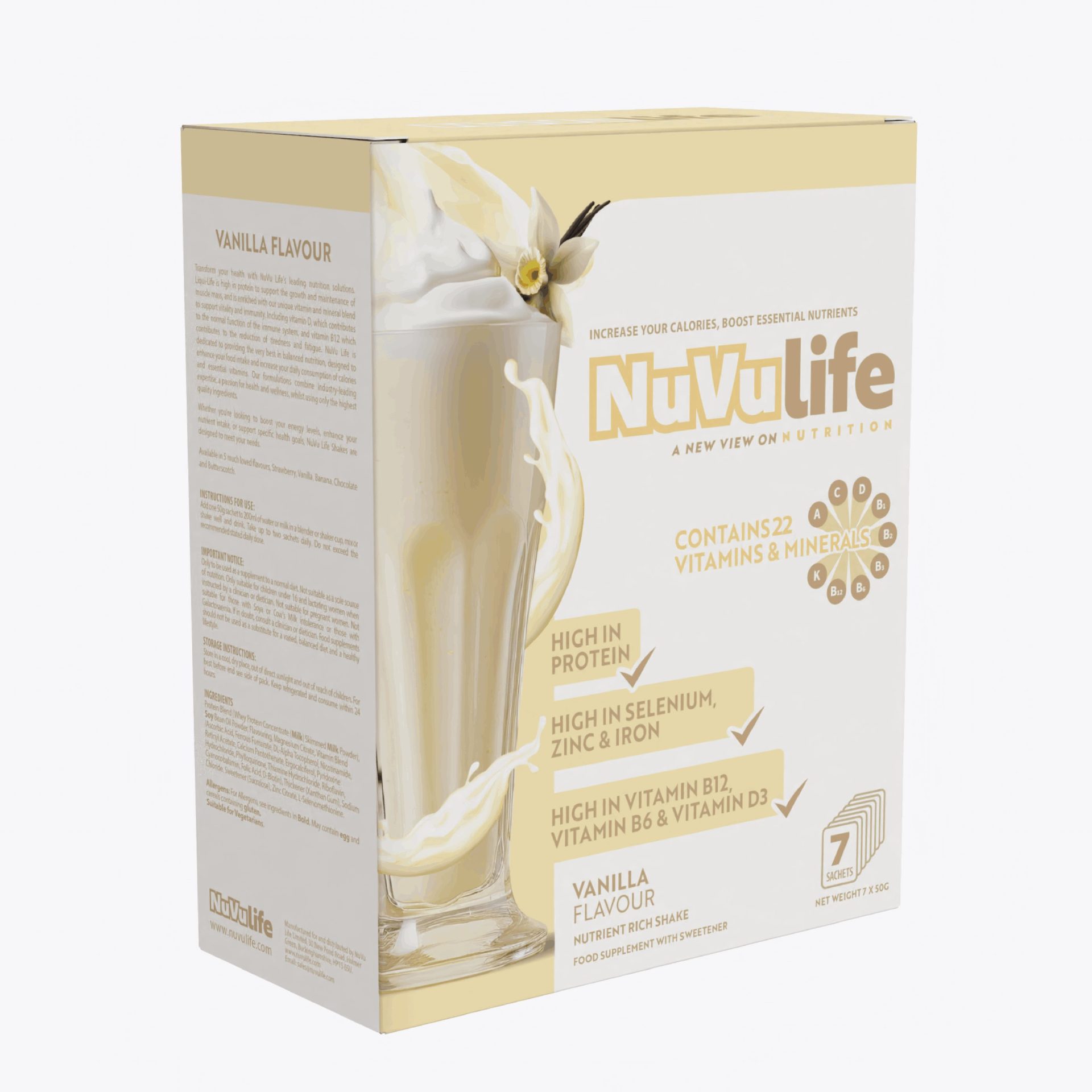Caring for individuals with learning disabilities comes with unique challenges, especially when it comes to nutrition.
Many individuals face barriers such as picky eating, sensory sensitivities, and inconsistent eating habits, which can
lead to nutritional deficiencies. As a carer, understanding these challenges and finding effective solutions can
significantly improve their quality of life and overall health.
1 in 3 individuals with intellectual disabilities is at risk of malnutrition due to poor dietary
intake. With40% of individuals with intellectual disabilities are at risk for obesity and related health
issues due to poor diet choices. Many prefer bland, processed foods lacking essential vitamins,
minerals, and protein, which can lead to long-term health consequences, including fatigue, mood issues, and
obesity.
Why Proper Nutrition is Essential for People with Learning Disabilities
Proper nutrition isn’t just about avoiding deficiencies—it has profound effects on physical health,
cognitive function, and behavioural well-being, particularly for individuals with
learning difficulties. These individuals often face unique dietary challenges, making a balanced and nutrient-rich diet
even more crucial.
Physical Health
Nutrient deficiencies in key vitamins and minerals like B12, calcium, and vitamin D can lead to
fatigue, weakened bones, and anaemia. For those with learning difficulties, poor nutrition can also exacerbate
pre-existing health issues such as:
- Low energy levels due to inadequate protein intake, affecting muscle mass and stamina.
- Increased risk of obesity, diabetes, and cardiovascular disease from unbalanced diets high in
processed foods.
Cognitive Function
A diet rich in omega-3 fatty acids, B vitamins, and antioxidants has
been shown to significantly enhance brain function and memory. Studies demonstrate that individuals with learning
disabilities who consume nutrient-dense diets experience:
- Better cognitive performance and problem-solving abilities.
- Improved focus, especially in structured learning environments.
Behavioural Health
Diet can have a direct impact on behaviour, mood regulation, and emotional stability:
- High sugar intake can worsen hyperactivity, irritability, and impulsivity, particularly in
children with ADHD. - Foods rich in essential fatty acids (like omega-3s) can help stabilize mood, improve attention
spans, and reduce anxiety.
Challenges in Nutrition for Individuals with Learning Difficulties
Caregivers often face specific challenges when ensuring proper nutrition:
1. Sensory Preferences
Up to 70% of individuals with autism and other learning difficulties exhibit food aversions due to
sensory sensitivities. This can lead to an unbalanced diet that lacks variety and nutrition.
2. Dietary Restrictions
Common allergies or intolerances, such as gluten or lactose intolerance, further limit food options, complicating meal
planning and nutrition.
3. Picky Eating Habits
Research indicates that over 50% of children with learning disabilities struggle with selective eating,
often avoiding healthy options like vegetables.
4. Accessibility Issues
Limited access to nutritious foods due to financial constraints or geographic location can make it harder to maintain a
healthy diet
5. Dehydration
Proper hydration is often overlooked; studies show that individuals with learning difficulties are 25% more
likely to experience dehydration, which affects cognitive function and mood.
How Nuvulife Supports Nutritional Needs
Nuvulife is a nutrient-rich supplement designed to support balanced nutrition for individuals with
learning disabilities. It’s especially helpful when solid foods aren’t an option due to sensory sensitivities or other
challenges.
- Complete, Convenient Nutrition:Nuvulife provides a balanced blend of essential vitamins,
minerals, and protein in a liquid form, making it easy to consume. This helps ensure that individuals get the
nutrition they need without the hassle of preparing complicated meals. - Helps Prevent Nutritional Deficiencies: With nutrients like calcium,
vitamin D, and iron, Nuvulife helps fill dietary gaps and promotes better
overall health. - Supports Cognitive & Physical Health:Regular use of Nuvulife can support both cognitive
function and physical health, ensuring that individuals with learning disabilities receive the proper nutrition
for optimal well-being.
Practical Tips for Carers to Improve Nutrition
- Introduce Variety Gradually: Expand food choices slowly, focusing on nutrient-dense foods like
fruits, vegetables, and whole grains. - Establish a Meal Schedule:Regular meal times can help reduce skipped meals and ensure steady
nutrient intake. - Incorporate Nuvulife: Use Nuvulife as a supplement to provide additional nutrition when solid
foods aren’t sufficient. - Modify Food Presentation: Adjust food textures or presentations to appeal to sensory
sensitivities and encourage eating.
Strategies to Support Nutritional Health
Here are some actionable tips for caregivers to promote better nutrition:
-
-
- Create a Structured Meal Plan
- Establish regular meal and snack times to provide consistency. A predictable routine can help
individuals feel more secure and encourage participation in mealtime.
- Establish regular meal and snack times to provide consistency. A predictable routine can help
- Involve the Individual in Meal Preparation
- Encourage participation in selecting and preparing meals. This can increase interest in food
and make the experience more enjoyable.
- Encourage participation in selecting and preparing meals. This can increase interest in food
- Address Sensory Preferences
- o Be mindful of texture, flavour, and temperature preferences.
Experiment with different drink and food temperature methods to make healthy foods more appealing.
- o Be mindful of texture, flavour, and temperature preferences.
- Monitor Nutritional Intake
- Keep track of what individuals are eating and drinking. This can help identify gaps in nutrition and
allow for adjustments where needed.
- Keep track of what individuals are eating and drinking. This can help identify gaps in nutrition and
- Create a Structured Meal Plan
-
The Role of Nuvulife in Supporting Nutrition
For those who face challenges in meeting their nutritional needs, Nuvulife can be an excellent addition to their diet:
- Complete Meal Replacement
- Nuvulife provides essential nutrients in a liquid form, making it easier for individuals who have
difficulty chewing or swallowing.
- Nuvulife provides essential nutrients in a liquid form, making it easier for individuals who have
- Healthy Snack Option
- Use Nuvulife as a nutritious snack to boost calorie and nutrient intake throughout the day.
- Versatile Use
-
- Blend Nuvulife with fruits or add it to smoothies for a tasty and nutrient-packed drink.
Key Benefits of Nuvulife
- No Chewing Required: Its liquid form is perfect for those who may struggle with hard or
textured foods. - Easy to Digest: The smooth texture is gentle on the digestive system, making it suitable for
sensitive stomachs. - Nutrient-Rich:Nuvulife contains protein, vitamins, and minerals essential for overall health
and well-being.
Why Nuvulife is the Ideal Solution for Carers
As a career, you understand the importance of providing balanced nutrition. Nuvulife offers a simple
and effective way to ensure the person you care for is receiving the essential vitamins, protein, and minerals they need
to thrive. With its convenient liquid form and nutrient-packed formula, Nuvulife is the ideal solution to support the
dietary needs of individuals with learning disabilities.


